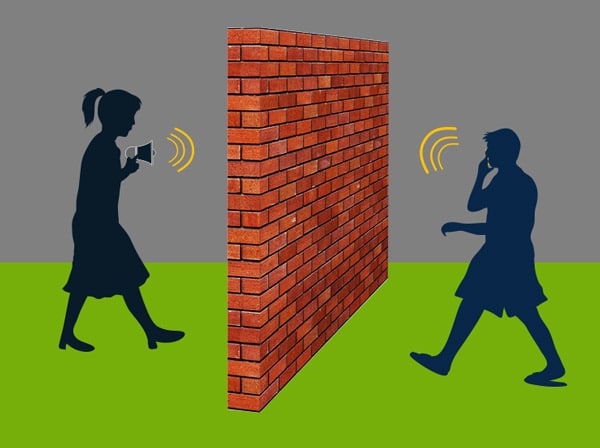
Traveling to a foreign country is an amazing experience, filled with unique sights and vibrant culture. However, sometimes even the simplest tasks, like checking into a hotel, can be fraught with communication challenges. This article explores the common communication barriers travelers face when checking into foreign hotels and provides practical strategies to overcome these challenges.
Navigating the world of foreign hotels often involves more than just finding a room. It necessitates clear communication with hotel staff, often in a language that may be challenging for both parties. Mistranslations, misinterpretations, and cultural differences can easily lead to frustration and confusion, particularly when it comes to important details like room assignments, payment methods, and service requests.
One of the most significant obstacles is the language barrier. Many hotels, especially in tourist areas, may have staff who speak multiple languages, but misunderstandings can still arise. In less tourist-oriented areas, this barrier can be even more pronounced. Words might get lost in translation or be misinterpreted, leading to incorrect bookings or missed amenities.
Beyond the language itself, cultural nuances play a crucial role in the check-in process. For example, some cultures value direct communication while others prefer a more indirect approach. This difference in communication style can lead to misinterpretations and delays in resolving issues.
Often, travelers may not be prepared for the language barrier. Lack of preparation can hinder effective communication, leaving travelers feeling overwhelmed and frustrated. A good strategy is to have a basic translation app or phrasebook handy. Knowing essential phrases in the local language—like “good morning”, “thank you”, or “room number”—can go a long way.
To mitigate these issues, travelers can employ several strategies. Firstly, learning some basic phrases in the local language can significantly improve interaction. Secondly, using translation apps or tools—and practicing a little patience when using them—can also help. Thirdly, consider having a contact number or email address for assistance on hand.
Furthermore, using a combination of written and verbal communication can be beneficial. A pre-printed sheet with key requests, or even a basic outline of what you expect in a hotel room, can help reduce the potential for errors in language or tone.
Preparing in advance can also aid in a better experience. Familiarizing yourself with the hotel’s website, or contacting them ahead of time can also be a useful step. This often gives you a basic understanding of the staff and how to address concerns should the need arise.
Remember that patience is key. If there’s a communication breakdown, maintaining a polite and respectful demeanor can go a long way. Staying calm and focusing on clear communication, even with the help of a translator, can help resolve any problems promptly and efficiently.
Having a backup plan for language barriers is also important. Perhaps you can have a friend or family member who speaks the language available to help with communication. Or even a pre-arranged contact to support your requests in a timely fashion. This is a good, proactive measure to be prepared for any challenges that might occur during your trip and the hotel check-in experience to go smoothly and swiftly, without any major hiccups or confusion in communication. This approach helps to ensure that travelers feel less lost and more in control of the situation in an unfamiliar environment like a foreign hotel, even if the language barrier may be challenging during your stay. This can greatly improve the overall trip experience and ensure a better understanding between the traveler and the hotel staff or hotel management during the whole interaction for a more pleasant stay in the country or foreign hotel you are visiting.
Ultimately, navigating foreign hotels requires a proactive and adaptable approach to communication. By understanding potential barriers, practicing basic phrases, and remaining flexible, travelers can ensure a smoother and more enjoyable experience, regardless of language differences.